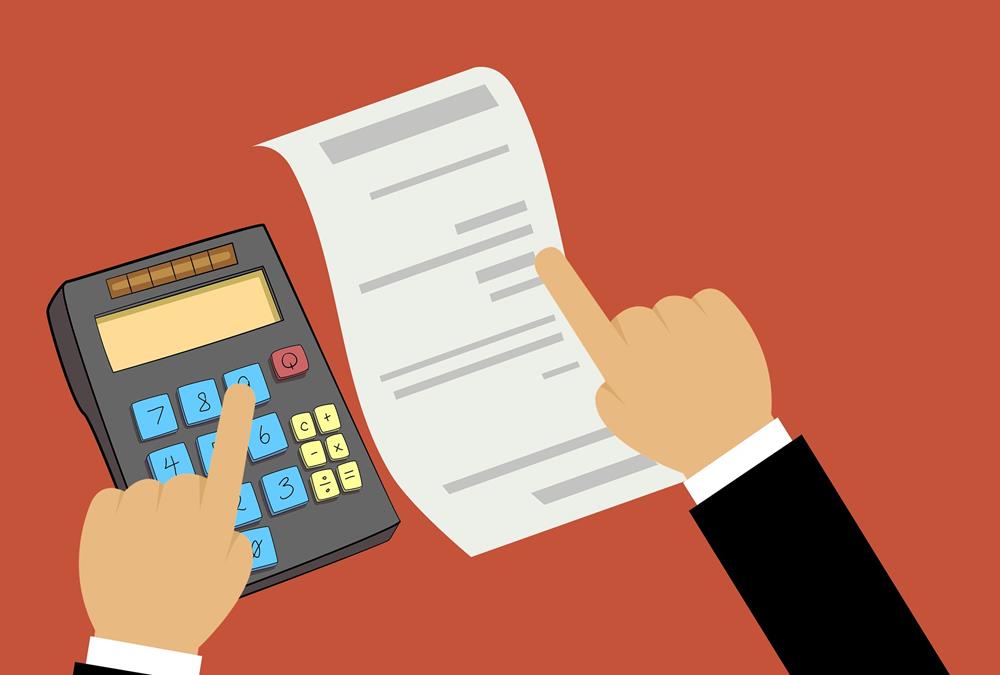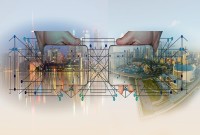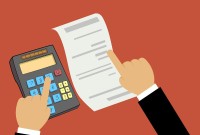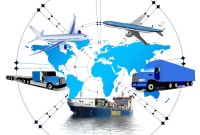- Home
- Business Processes
- Industry Knowledge
- Aerospace Industry
- Automotive Industry
- Banking Domain
- BFSI Industry
- Consumer/ FMCG Industry
- Chemicals Industry
- Engineering & Construction
- Energy Industry
- Education Domain
- Finance Domain
- Hospitality Domain
- Healthcare Industry
- Insurance Domain
- Retail Industry
- Travel and Tourism Domain
- Telecom Industry
- Leadership Skills
- eLearning
- Home
- Business Processes
- Procure to Pay
- Define Accounts Payable
Define Accounts Payable
Payables are often categorized as “Trade Payables” & “Expense Payables”. “Trade Payables” are the monies due for the purchase of physical goods that are recorded in Inventory. “Expense Payables” are the monies due for the purchase of goods or services that are expensed.
How do we define Accounts Payables:
We all use utilities. For example we take various services from the phone company, the gas company and the cable company. They provide us the goods and services first and as the end of the agreed billing period they raise an invoice on the customer. In this case the Utility Company is our Creditor and they have provided us the service on credit. The amount payable to the utility company is the “Account Payable” for us, which needs to be paid in very short-term to the utility company (Supplier/Creditor) to enjoy continued services.
Similarly credit is extended in the normal course of business to the customers on purchase of goods and services and needs to be paid off within a given period of time in order to avoid default.
Payables are often categorized as “Trade Payables” & “Expense Payables”. “Trade Payables” are the monies due for the purchase of physical goods that are recorded in Inventory. “Expense Payables” are the monies due for the purchase of goods or services that are expensed. Common examples of Expense Payables are utilities like telephone and electricity.
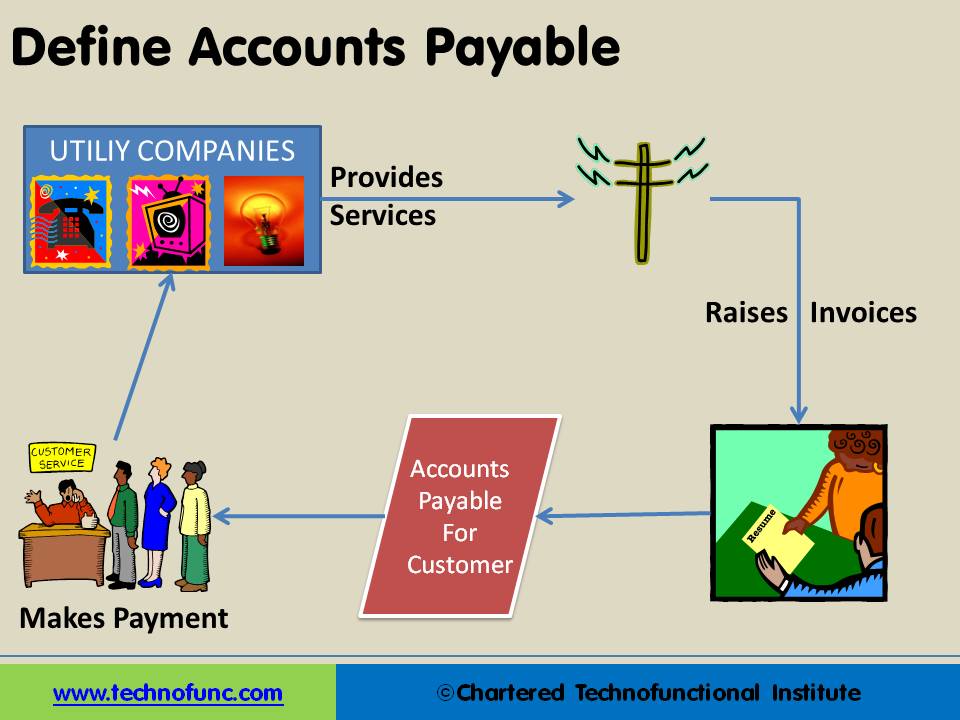
Related Links
You May Also Like
-
Miscellaneous Warehouse Processes
At the end of each inventory control, the Contractor provides the Ordering Person with an inventory report which contains a list of all stock adjustments. The Ordering Person uses the report to create, by use of his/her own means, necessary value and accounting adjustments related to the stock. Let us look at some to the mislaneous warehouse processes not covered earlier.
-
Warehouses may seem like a simple, straightforward concept, but they actually include a variety of different types of warehouses that all have their own niche. The type of warehousing that’s right for you depends on your specific industry, location, and needs. From private warehousing, distribution centers, and climate-controlled warehouses, there’s an option to suit every business.
-
Types of Inventory Count Processes
While dealing with lots of inventory in a warehouse, lots of things can go wrong. Shipments may not have the right number of units in them, or they could get damaged somewhere along the supply chain. Discrepancies in the stock may arise as part of every inventory control, and need to be corrected immediately after the inventory control procedure has been finished.
-
Payables are often categorized as “Trade Payables” & “Expense Payables”. “Trade Payables” are the monies due for the purchase of physical goods that are recorded in Inventory. “Expense Payables” are the monies due for the purchase of goods or services that are expensed.
-
Large companies have huge number of suppliers. To remain competitive they need to manage their procure to pay process very effectively. They create specialized division to handle these operations.
-
Overview of Third-Party Logistics
Third-party logistics (abbreviated as 3PL, or TPL) is an organization's use of third-party businesses to outsource elements of its distribution, warehousing, and fulfillment services. A third-party logistics provider (3PL) is an asset-based or non-asset based company that manages one or more logistics processes or operations (typically, transportation or warehousing) for another company.
-
Warehouses can be places where piles of packed or loose products occupy space. If left disorganized, it will become very challenging to identify products for packing or picking. Hence, proper organization of warehouse is very important. Warehouse labeling systems eliminate this problem by making sure products are easily identified and managed during the warehousing and shipping process. Labeling is the most functional and cost-effective way to keep your warehouse organized and operating efficiently.
-
This article discusses the documents that gets generated during the procure to pay process. Undestand why these documents are created, what is their business significance and how they are handled and generated using ERP or automated systems.
-
Business Case of Multiple Warehouses
Adding extra warehouses to business provides many benefits such as reducing shipping costs, increasing storage capacity, and having warehouses for specific purposes to simplify overall warehouse management. Multiple warehouses allow you to organize your inventory in a way that helps your business be more effective.
-
We need a strong payables process so that it provides us with a high-productivity accounting solution to process vendor payments. An integrated payables process provides strong financial control so you can prevent duplicate payments, pay for only the goods and services you order and receive, and maximize supplier discounts. Understand the key features of an effective accounts payable system.
Explore Our Free Training Articles or
Sign Up to Start With Our eLearning Courses

About Us
Learning
© 2023 TechnoFunc, All Rights Reserved
